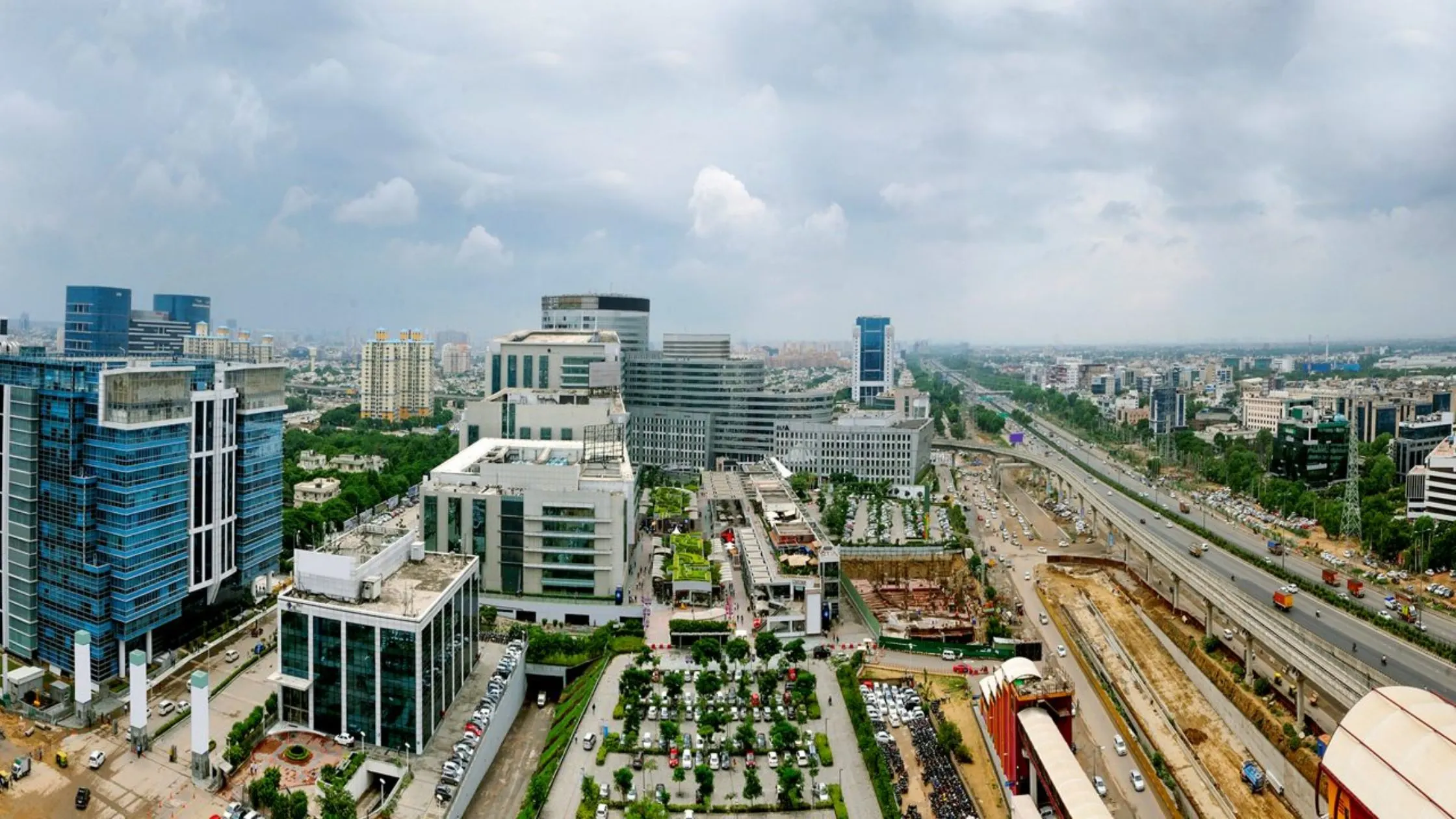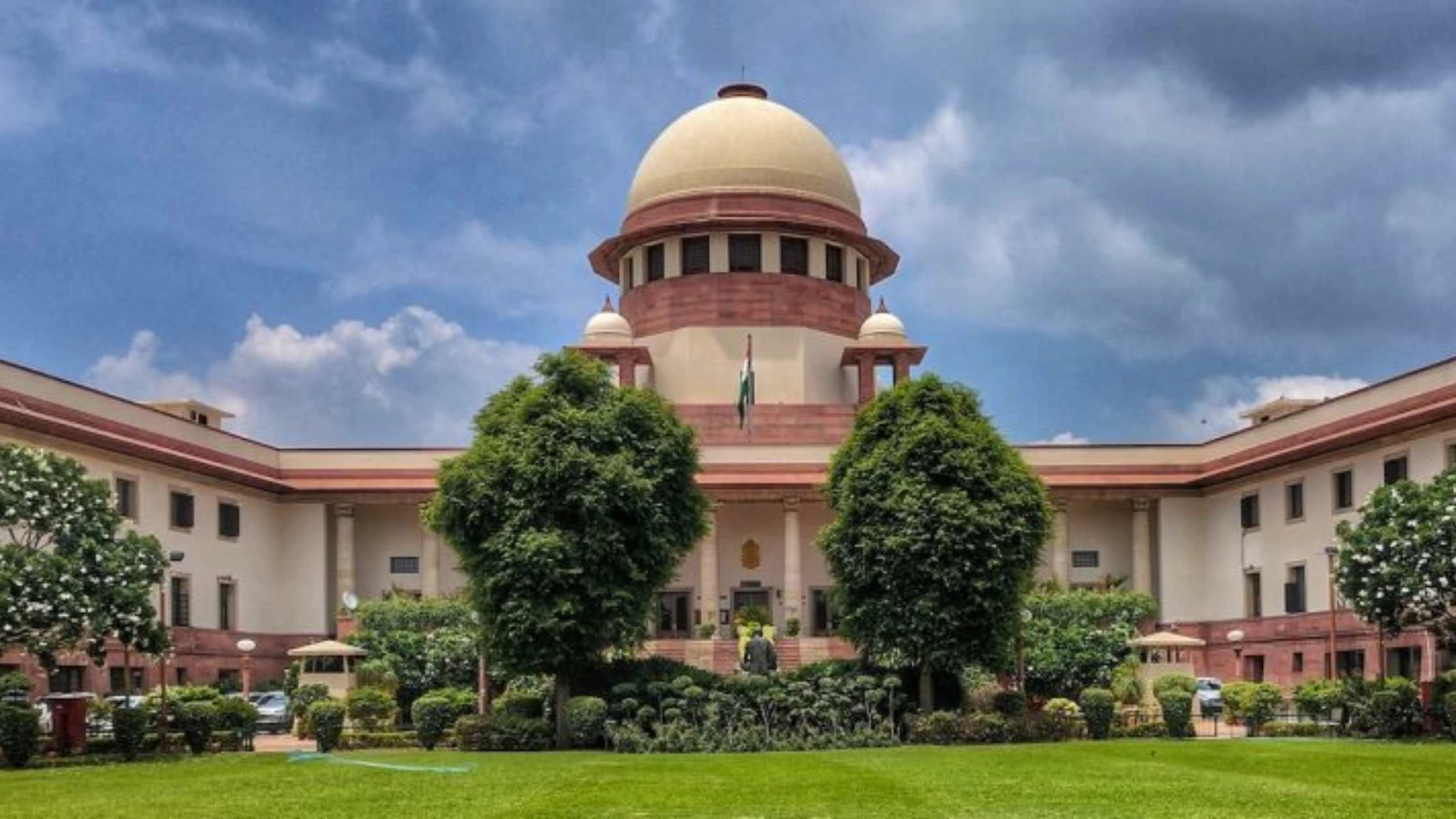Table of Content
▲
Urban development in Gujarat is set to take a transformative turn with the introduction of the Gujarat government’s new policy on Transferable Development Rights (TDR). This groundbreaking policy framework allows for cross-city transfer of development rights, providing a much-needed boost to urban redevelopment across Ahmedabad, Surat, Vadodara, Rajkot, and other cities.
By addressing urban challenges such as slum redevelopment, optimizing underused spaces, and repurposing defunct properties, this policy aims to create a sustainable and efficient urban landscape while fostering economic growth.
Understanding Transferable Development Rights (TDR)
Transferable Development Rights (TDR) is a system that allows developers to exceed permissible floor space index (FSI) by acquiring unused development rights from other properties or landowners. Traditionally, TDR operates within individual municipal boundaries, limiting its application to localized areas.
The Gujarat government’s new policy expands this framework by enabling inter-city TDR transfers. For example, a developer in Ahmedabad can use TDR certificates generated from land in Surat, creating a dynamic regional development rights market.
Also Read: Mumbai Sees 15% Average Property Tax Hike; Flats Below 500 Sq Ft Stay Exempt
Key Features of the New Policy
Inter-City TDR Framework
The policy introduces a revolutionary mechanism allowing development rights to be transferred across cities. This innovative framework is expected to streamline urban redevelopment while addressing constraints posed by landlocked properties and underutilized spaces.
Objectives and Scope
The policy targets several urban challenges, including:
- Slum Redevelopment: Providing housing solutions for low-income groups.
- Repurposing Idle Properties: Transforming closed factories and unused government land into productive assets.
- Optimizing Transport Hubs: Enhancing the utility of transportation infrastructure.
Customized Implementation
City-specific committees will oversee approvals and ensure tailored solutions for each urban center. The policy will include:
- Rules and valuation methods for different redevelopment types.
- Guidelines for the issuance and usage of TDR certificates.
- Transparent monitoring systems to track progress and compliance.
Incentives for Developers
The policy reduces the financial burden on the government by incentivizing developers to undertake redevelopment projects. By fostering private sector participation, the policy aims to accelerate urban renewal initiatives.
Lessons from Maharashtra
The Gujarat policy draws inspiration from Maharashtra, where TDR has been successfully used for heritage preservation and urban development. In Maharashtra, TDR allows property owners to monetize unused development rights while maintaining conservation priorities, a model Gujarat could adapt to address its unique challenges.
Benefits of the Policy
The Gujarat government’s new policy is expected to yield significant benefits:
- Enhanced Urban Development: By creating a regional development rights market, the policy promotes balanced growth across cities.
- Housing and Infrastructure Boost: Increased opportunities for residential and commercial developments.
- Economic Growth: Facilitating investments in urban centers and creating job opportunities.
- Sustainable Land Use: Encouraging efficient utilization of land resources.
Challenges and Considerations
While promising, the policy must address potential hurdles:
- Equitable Distribution: Ensuring redevelopment benefits reach all stakeholders.
- Valuation and Transparency: Avoiding disputes in TDR valuation and transfer processes.
- Private-Public Balance: Aligning private development interests with public welfare.
Also Read: Q1 2025 Housing Sales in Tier 2 Cities Fall 8%, Value Gains 6%
Conclusion
The Gujarat government’s new policy to enable cross-city transferable development rights marks a significant step forward in urban planning and redevelopment. By fostering innovation and collaboration among developers, civic bodies, and government agencies, this policy has the potential to reshape Gujarat’s urban landscape.
As implementation unfolds, stakeholders must work together to overcome challenges and harness the full potential of this progressive initiative. With careful planning and execution, the policy could serve as a blueprint for sustainable urban growth in India.
Follow AquireAcers Whatsapp Channel to Stay Updated With The Latest Real Estate News






Ans 1. TDR allows developers to exceed the permissible floor space index (FSI) on a property by purchasing unused development rights from other landowners.
Ans 2. Unlike traditional TDR systems limited to single cities, Gujarat's new policy allows for inter-city TDR transfers. For example, development rights generated in Surat can be used for projects in Ahmedabad or Vadodara.
Ans 3. The policy aims to: Address slum redevelopment. Optimize the use of underutilized properties. Transform idle spaces like defunct factories or unused government land into productive assets. Enhance infrastructure near transport hubs.
Ans 4. Developers gain flexibility to: Use TDR certificates across cities. Reduce financial and regulatory burdens for redevelopment projects. Access incentives provided by the government.
Ans 5. Major cities like Ahmedabad, Surat, Vadodara, Rajkot, and others are part of this framework.
Ans 6. City-specific committees will oversee the issuance, valuation, and transfer of TDR certificates. Transparent monitoring systems will track compliance and progress.
Ans 7. Maharashtra's success in using TDR for heritage preservation and urban redevelopment inspired Gujarat to adapt a similar model. However, Gujarat’s inter-city approach is more expansive, addressing region-wide development.
Ans 8. Urban Development: Promotes balanced growth across multiple cities. Housing and Infrastructure: Accelerates residential and commercial development. Economic Growth: Attracts investments and creates job opportunities. Sustainability: Encourages efficient land utilization.
Ans 9. Equitable Distribution: Ensuring all stakeholders benefit from redevelopment. TDR Valuation Disputes: Establishing fair and transparent pricing mechanisms. Private-Public Balance: Aligning private interests with public welfare priorities.
Ans 10. By repurposing underutilized spaces, addressing housing needs, and improving infrastructure, the policy encourages efficient land use while reducing urban sprawl.